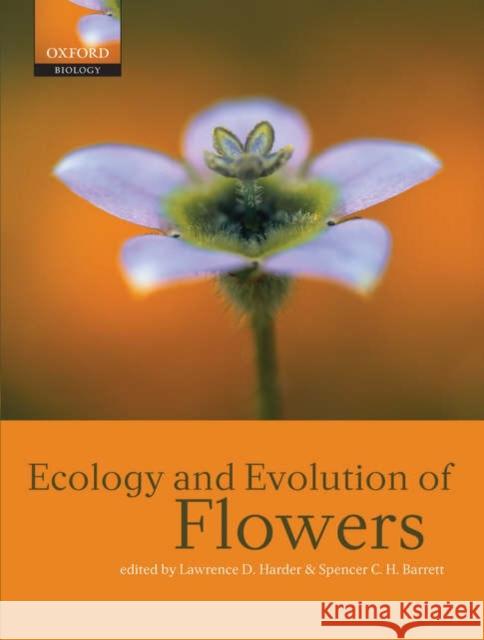Ecology and Evolution of Flowers » książka
Ecology and Evolution of Flowers
ISBN-13: 9780198570868 / Angielski / Miękka / 2007 / 384 str.
The reproductive organs and mating biology of angiosperms exhibit greater variety than those of any other group of organisms. Flowers and inflorescences are also the most diverse structures produced by angiosperms, and floral traits provide some of the most compelling examples of evolution by natural selection. Given that flowering plants include roughly 250,000 species, their reproductive diversity will not be explained easily by continued accumulation of case studies of individual species. Instead a more strategic approach is now required, which seeks to identify general principles concerning the role of ecological function in the evolution of reproductive diversity.
The Ecology and Evolution of Flowers uses this approach to expose new insights into the functional basis of floral diversity, and presents the very latest theoretical and empirical research on floral evolution. Floral biology is a dynamic and growing area and this book, written by the leading internationally recognized researchers in this field, reviews current progress in understanding the evolution and function of flowers. Chapters contain both new research findings and synthesis. Major sections in turn examine functional aspects of floral traits and sexual systems, the ecological influences on reproductive adaptation, and the role of floral biology in angiosperm diversification. Overall, this integrated treatment illustrates the role of floral function and evolution in the generation of angiosperm biodiversity.
This advanced textbook is suitable for graduate level students taking courses in plant ecology, evolution, systematics, biodiversity and conservation. It will also be of interest and use to a broader audience of plant scientists seeking an authoritative overview of recent advances in floral biology.











